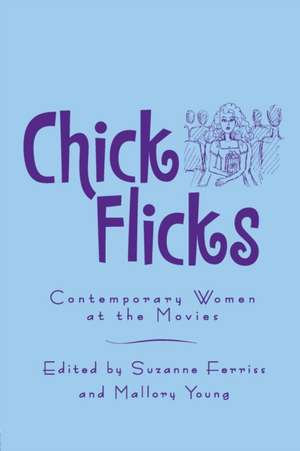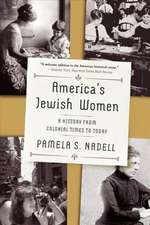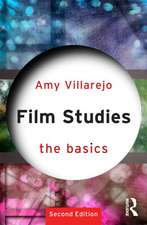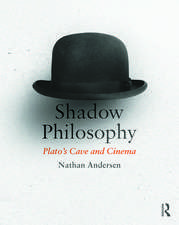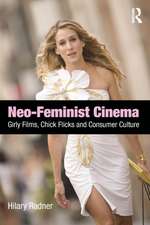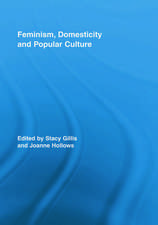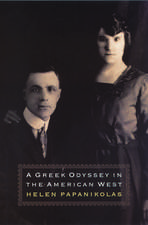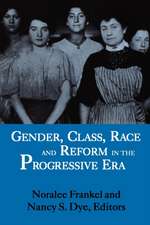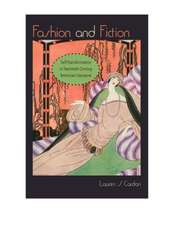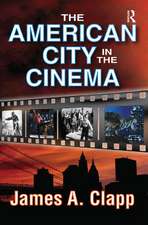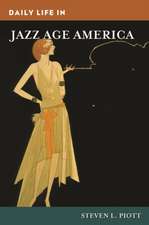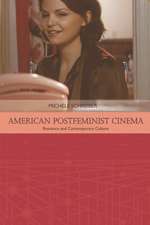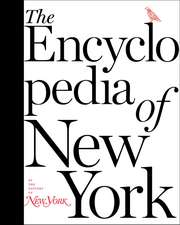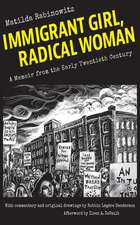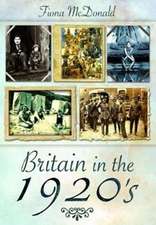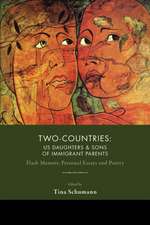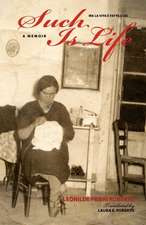Chick Flicks: Contemporary Women at the Movies
Editat de Suzanne Ferriss, Mallory Youngen Limba Engleză Paperback – 12 oct 2007
| Toate formatele și edițiile | Preț | Express |
|---|---|---|
| Paperback (1) | 355.64 lei 43-57 zile | |
| Taylor & Francis – 12 oct 2007 | 355.64 lei 43-57 zile | |
| Hardback (1) | 1003.43 lei 43-57 zile | |
| Taylor & Francis – 11 oct 2007 | 1003.43 lei 43-57 zile |
Preț: 355.64 lei
Nou
68.06€ • 70.79$ • 56.19£
Carte tipărită la comandă
Livrare economică 14-28 aprilie
Specificații
ISBN-10: 0415962560
Pagini: 272
Ilustrații: 30 black & white halftones
Dimensiuni: 152 x 229 x 18 mm
Greutate: 0.44 kg
Ediția:1
Editura: Taylor & Francis
Colecția Routledge
Locul publicării:Oxford, United Kingdom
Public țintă
Postgraduate and UndergraduateNotă biografică
Suzanne Ferriss is Professor of English at Nova Southeastern University. She has co-edited two volumes on the cultural study of fashion: On Fashion and Footnotes: On Shoes. She is also co-author of A Handbook of Literary Feminisms (Oxford University Press, 2002). Most recently, she co-edited Chick Lit: The New Woman’s Fiction (Routledge, 2006) with Mallory Young.
Mallory Young is Professor of English and French at Tarleton State University. She has published on a variety of topics, from the Odyssey to Texas women’s literature and, with Suzanne Ferriss, has co-authored several articles on chick culture. She and Ferriss co-edited Chick Lit: The New Woman’s Fiction (Routledge, 2006).
Cuprins
CHICK FLICKS: CONTEMPORARY WOMEN AT THE MOVIES
Table of Contents
Acknowledgments vi
Suzanne Ferriss and Mallory Young, Introduction: "Chick Flicks 1
and Chick Culture"
Maureen Turim, "Women’s Films: Comedy, Drama, Romance" 41
Suzanne Ferriss, "Fashioning Femininity in the Makeover Flick" 67
Carol M. Dole, "The Return of Pink: Legally Blonde, Third-Wave 91
Feminism, and Having It All"
Lisa M. Rüll, "A Soundtrack for Our Lives: Chick Flick Music" 120
Deborah Barker, "The Southern-Fried Chick Flick: Postfeminism 142
Goes to the Movies"
Margaret Tally, "Something’s Gotta Give: Hollywood, Female Sexuality 182
and the ‘Older Bird’ Chick Flick"
Lisa Henderson, "Simple Pleasures: Lesbian Community and Go Fish" 201
Myra Mendible, "Chica Flicks: Postfeminism, Class, and the Latina 244
American Dream"
Mallory Young, "Chic Flicks: The New European Romance" 271
Holly Hassel, "‘The Babe Scientist’ Phenomenon: The Illusion of Inclusion 292
in 1990s American Action Films"
Kate Waites, "Babes in Boots: Hollywood’s Oxymoronic Warrior Woman" 312
Karen Hollinger, Afterword: "Once I Got Beyond the Name Chick Flick" 337
Selected Filmography 355
Selected Bibliography 367
Contributors’ Notes 378
Descriere
From An Affair to Remember to Legally Blonde, "chick flicks" have long been both championed and vilified by women and men, scholars and popular audiences. Like other forms of "chick culture," which the editors define as a group of mostly American and British popular culture media forms focused primarily on twenty- to thirtysomething, middle-class—and frequently college-educated—women, chick flicks have been accused of reinscribing traditional attitudes and reactionary roles for women. On the other hand, they have been embraced as pleasurable and potentially liberating entertainments, assisting women in negotiating the challenges of contemporary life.
A companion to the successful anthology Chick Lit: The New Woman’s Fiction, this edited volume consists of 11 original essays, prefaced by an introduction situating chick flicks within the larger context of chick culture as well as women’s cinema. The essays consider chick flicks from a variety of angles, touching on issues of film history, female sexuality (heterosexual and homosexual), femininity, female friendship, age, race, ethnicity, class, consumerism, spectatorship, pleasure and gender definition. An afterword by feminist film theorist Karen Hollinger considers the chick flick’s transformation from the woman’s films of the ’40s to the friendship films of the ’80s and those of the "return to the classics" trend of the ’90s, while highlighting the value of the volume’s contributions to contemporary debates and sketching possibilities for further study.
